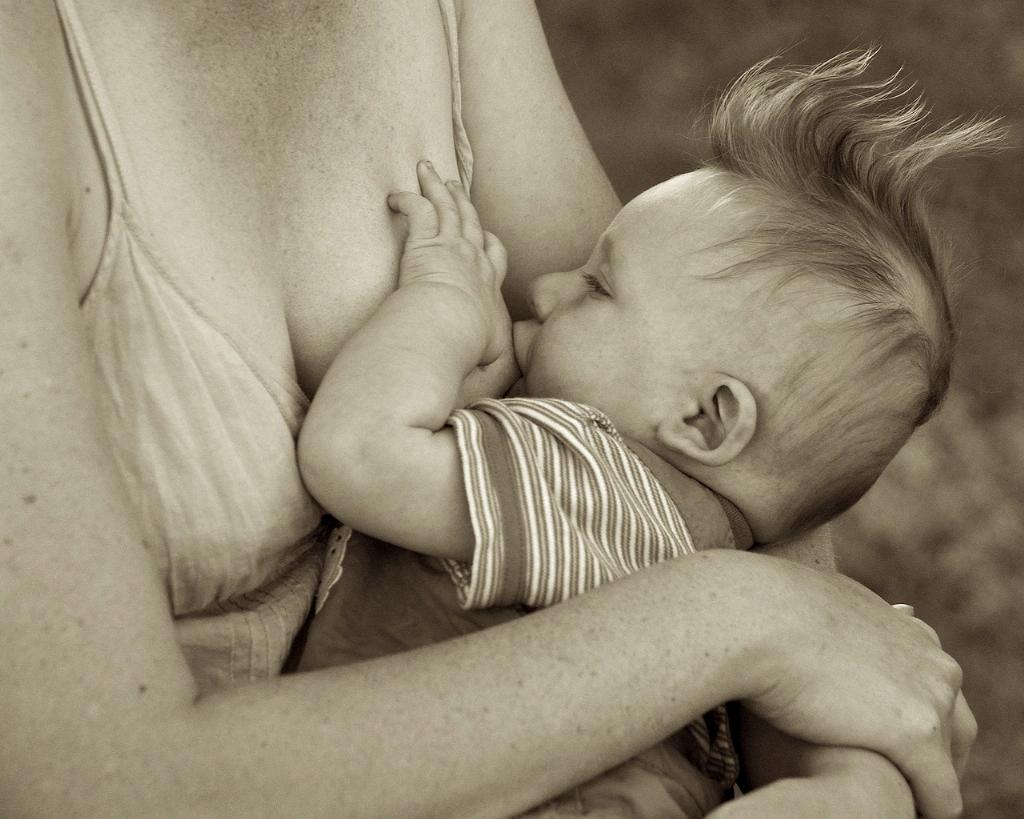Have you ever experienced a nursing strike with your baby? It can be a stressful situation for any breastfeeding parent. A nursing strike occurs when a baby suddenly refuses to breastfeed, which can be concerning for many moms. However, it’s essential to understand that a nursing strike does not necessarily mean the end of your breastfeeding journey.
During a nursing strike, a baby may refuse to latch onto the breast, often turning their head away or showing disinterest in nursing. This behavior can be puzzling and worrying for parents who rely on breastfeeding as the primary source of nutrition for their little one. It’s essential to remain calm and patient during this time, as most nursing strikes are temporary and can be resolved with the proper approach.
One common misconception about nursing strikes is that they signify the end of breastfeeding. However, this is not the case. A nursing strike is usually a temporary phase that can occur due to various reasons, such as teething, illness, a change in routine, or simply a baby wanting to assert their independence. It’s crucial to determine the underlying cause of the nursing strike to address it effectively.
When faced with a nursing strike, it’s essential to try different strategies to encourage your baby to resume breastfeeding. Offering the breast in a quiet and comfortable environment, using skin-to-skin contact, and maintaining a consistent feeding schedule can help reassure your baby and potentially end the nursing strike sooner.
It’s also important to remember that during a nursing strike, your baby still needs to receive adequate nutrition. If your baby is refusing to breastfeed, you can try expressing your breast milk and offering it in a bottle or cup to ensure they are getting enough to eat. Additionally, offering solid foods if your baby is ready can help meet their nutritional needs during this period.
As a breastfeeding parent, it’s natural to feel worried and frustrated when experiencing a nursing strike. However, it’s crucial to seek support from a lactation consultant, a healthcare provider, or a breastfeeding support group to help you navigate this challenging time. These professionals can offer guidance, reassurance, and personalized tips to help you and your baby overcome the nursing strike.
Remember that breastfeeding is a unique and intimate bond between you and your baby. While a nursing strike may pose challenges, it doesn’t have to signal the end of your breastfeeding journey. With patience, persistence, and the right support, you can overcome a nursing strike and continue to nurture your baby through breastfeeding.
In conclusion, a nursing strike is a temporary phase where a baby refuses to breastfeed, but it doesn’t mean the end of breastfeeding. By understanding the reasons behind a nursing strike and implementing strategies to encourage your baby to nurse again, you can navigate this challenging time with confidence and support. Remember to stay patient, seek help when needed, and trust in your ability to overcome obstacles in your breastfeeding journey.

